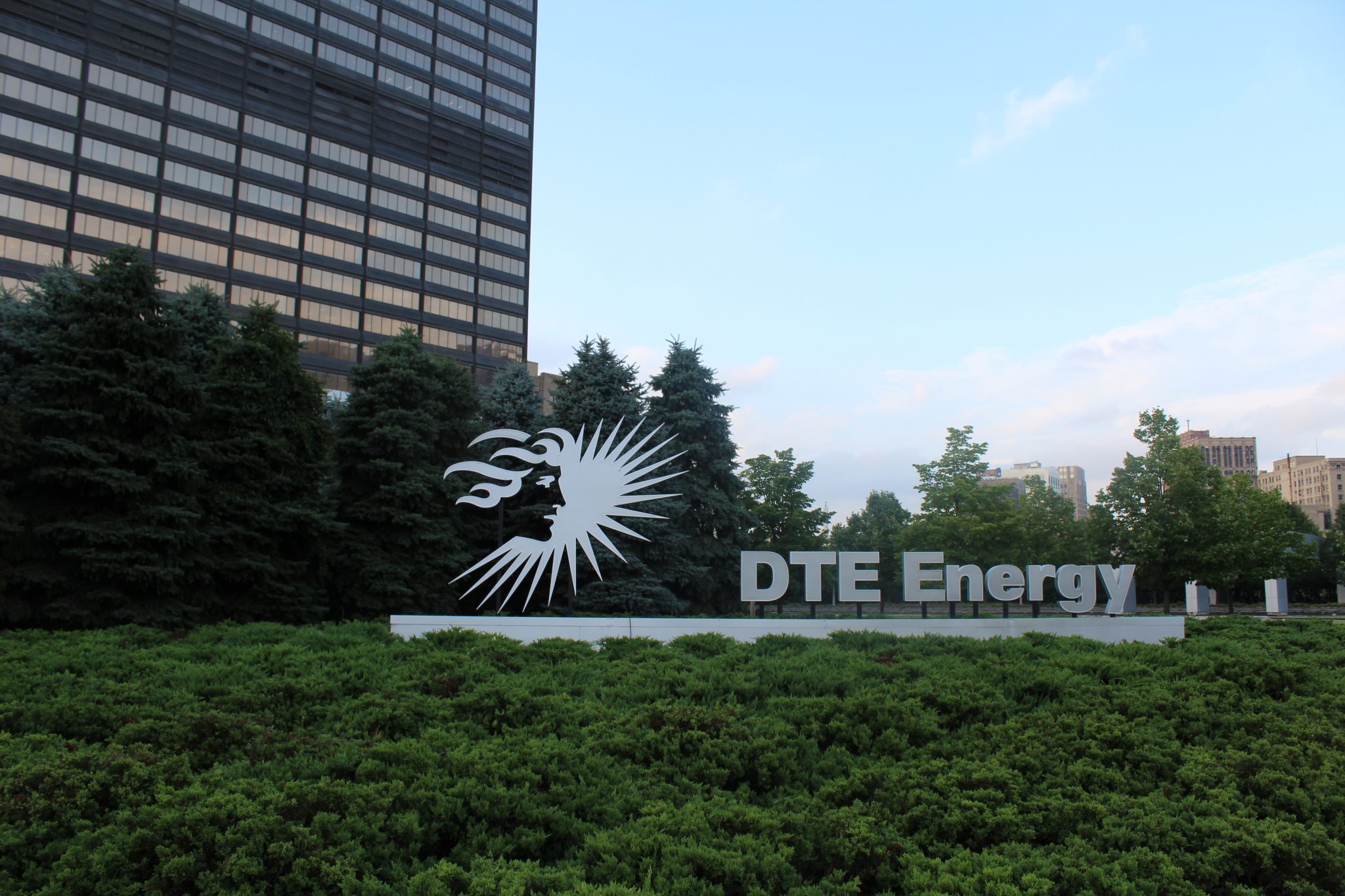Detroit Today: Is DTE doing enough for low-income customers in the clean energy future?
The settlement, approved last week by the Michigan Public Utilities Service Commission, is projected to help save customers $600 million over 10 years.

Michigan residents spend a greater proportion of their income on energy bills compared to much of the rest of the country — a fact that is especially true in Detroit, where Black households have a 54% higher energy burden (proportion of income spent on energy bills) than white households, and low-income households nearly four times as much as other households, according to the American Council for an Energy-Efficient Economy.
Subscribe to Detroit Today on Apple Podcasts, Spotify, Google Podcasts, NPR.org or wherever you get your podcasts.
Guests:
Jason Kupser is the manager of energy efficiency at DTE Energy. He says DTE’s recent settlement doubles spending on energy efficiency programs in low-income areas and less energy waste should reduce customers’ bills.
“For the customers who take advantage of our programs they will spend less,” said Kupser.
Nick Schroeck is the associate dean of experiential education and associate professor at Detroit Mercy School of Law. He says transitioning to cleaner energy will improve health outcomes and quality of life for low income communities.
“As we transition away from fossil fuel sources, you’ll have an improvement in public health and you’ll have more of a shared burden of electric generation across the state rather than concentrated in low-income communities,” said Schroeck
Listen to Detroit Today with host Stephen Henderson weekdays from 9-10 a.m. ET on 101.9 WDET and streaming on-demand.
Trusted, accurate, up-to-date.
WDET strives to make our journalism accessible to everyone. As a public media institution, we maintain our journalistic integrity through independent support from readers like you. If you value WDET as your source of news, music and conversation, please make a gift today.

